How To Choose A Dog Breed (The BEST Guide!)
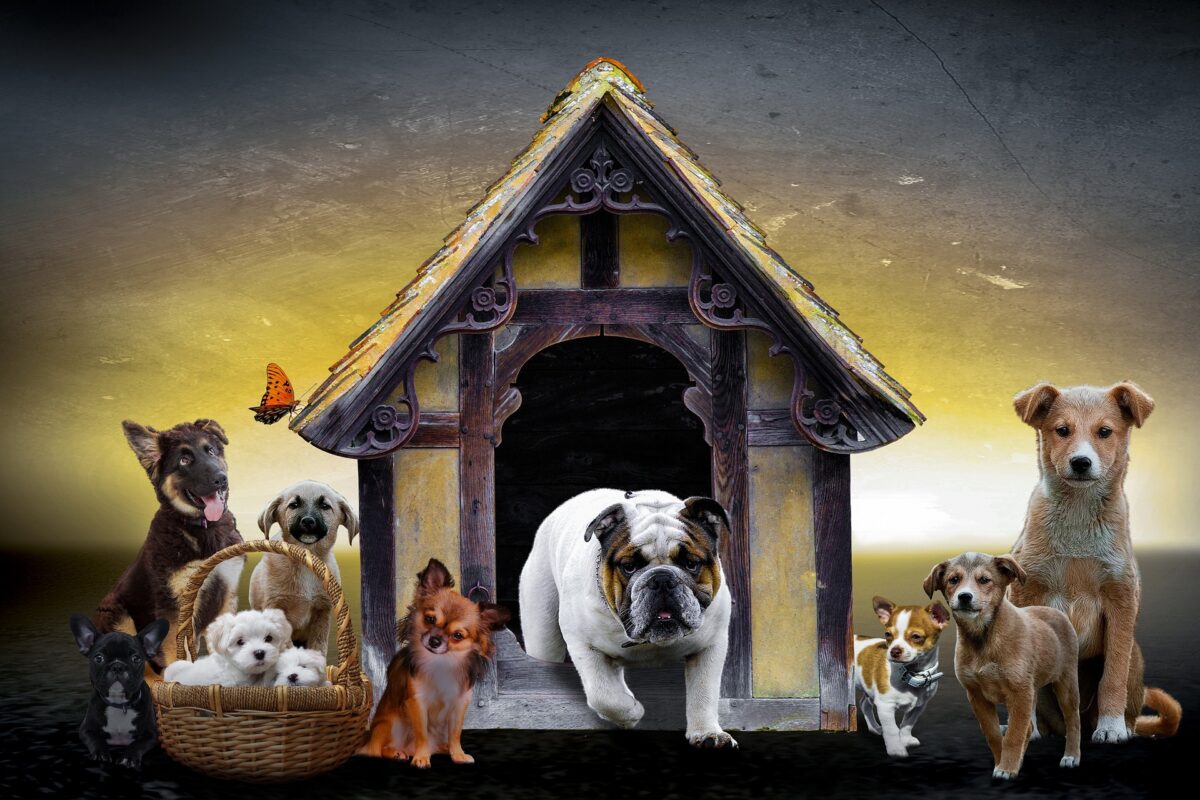
Choosing The Perfect Puppy Breed for You
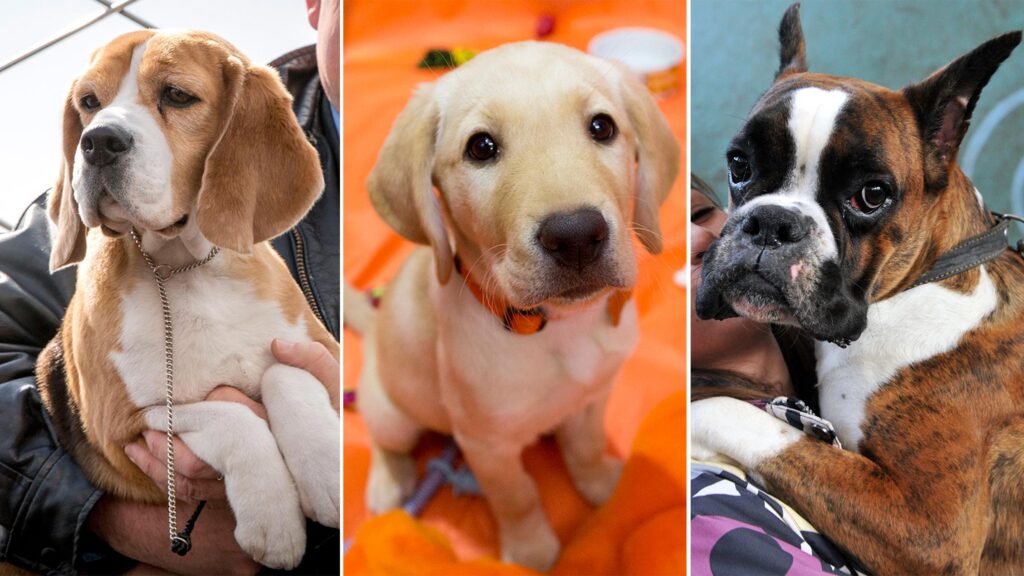
How To Choose A Dog Breed
There is no one perfect way to find a new dog. With so many breeds of puppies available, it can be overwhelming when deciding how to choose a dog breed! What is important is finding the right dog for you. You can adopt a dog or get one from a breeder, but it is important to find a breed that is compatible with your lifestyle and living situation. The right breed can make all the difference in your relationship with your dog.
In this article, we’ll outline 7 main factors to consider when selecting your new puppy companion, and details on how to make the best decision for your family and lifestyle to ensure a long healthy life for your new puppy.
7 Factors to Consider to Help You Pick Your New Puppy
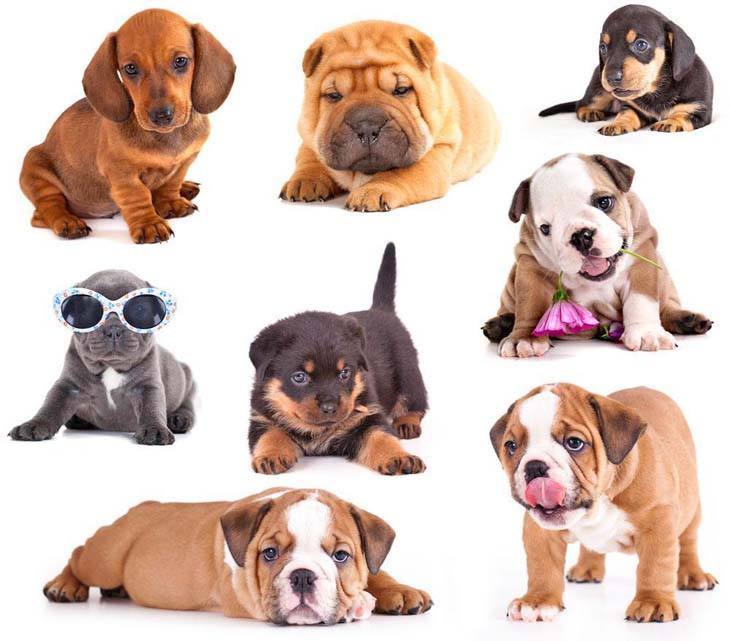
How To Choose A Dog Breed
Size
You might know that you want a small dog that you can carry around. Or, you might want a big dog. But if you can’t decide, then maybe a medium-sized dog is a good choice!
Considering the size of your living space is critical when you’re trying to decide which dog breed is best for you. For example, large breeds like Great Danes are more likely to have joint problems or torn ACLs, but smaller dogs like Chihuahuas may be more prone to physical accidents or colder temperatures. Other factors you’ll want to consider include whether you live in a small apartment or house and if there’s enough space for a large dog. You should also think about whether you have a backyard where the dog could easily go outside exercise and relieve themselves.
Some small dogs are delicate and can be injured more easily than larger dogs, so take care when handling them. They may also be sensitive to cold temperatures, so make sure they’re warm enough. Small dogs need to eat more often and go potty more often than larger dogs. This can make them more high maintenance compared to larger dog breeds. Even small dogs need obedience training. Sometimes owners don’t train them as much because they are easy to control, but this can lead to bad behaviors, like growling, nipping, or always wanting to be held. Make sure you are prepared for this possibility to occur.
Very large dogs need more space to move around than smaller dogs. Big, happy dogs with long tails need space to wag their tail safely without injuring themselves or damaging any objects in your home. It’s important to factor in day-to-day expenses: the bigger the pup, the pricier items like food, supplies, and treatments will be. Another crucial element is training. If you have a big or giant breed puppy and let him act like a lap dog when he’s young, he’ll grow up to walk all over you, literally!
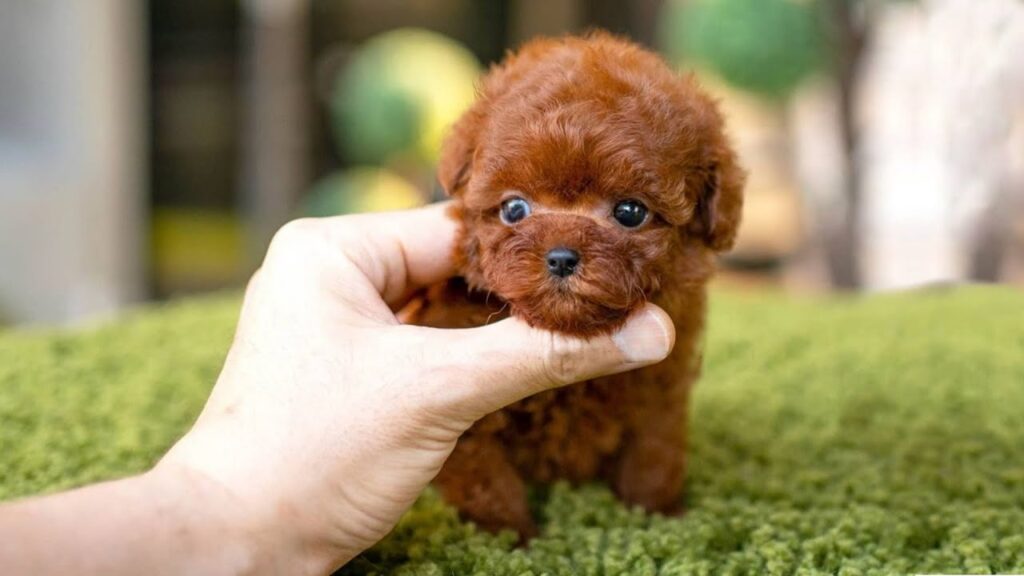
Schedule
You need to think about what kind of puppy would fit into your lifestyle. This means that you need to be able to commit time to housebreaking and coaching the puppy. You also have to be able to take it for walks and play with it. If you are not able to do these things, then you should get an older dog who is okay being left alone during the day.
Activity Level
Before you get a dog, it is important to think about how much energy the dog has. If you are not very active, you do not want a dog that needs to run around all the time. On the other hand, if you are very active, getting a lazy dog would not be good for you. If you have an active lifestyle, it is best to find a dog that has the same level of energy as you. That way, you can go on adventures together. What kind of activities do you like to do? Do you like hiking, camping, and running? Or would you rather take walks around the neighborhood? The answer to these questions will help determine what type of dog is best for you. For example, if you want a dog that can come on hikes and runs with you, choose one that needs as much exercise. If you want a lazy lapdog, choose one that doesn’t need as much exercise. On the other hand, picking a high-energy breed means you need to have more time to play with and walk the dog each day. Do you have enough time for this? Additionally, think about how close the nearest dog park is to where we’ll be living. This may also influence your decision!
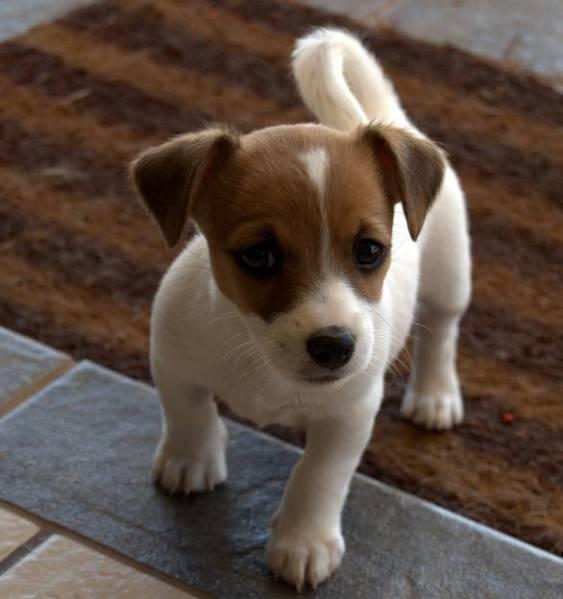
Physical Maintenance
The amount of grooming your dog needs is largely dependent on his coat. All dogs need the basics, but if he has hair that never stops growing, then you’ll have to be extra vigilant about his routine. Many short-haired breeds with smooth coats are heavy shedders, so get used to doing some additional cleaning. Fortunately, there are some tools that can help cut down on the shedding.
Be aware that dogs with long, floppy ears are more susceptible to ear infections, so be prepared to clean their ears often. Many small breed dogs are prone to dental disease, which can require costly dental procedures and regular brushing at home to prevent the problem.. In addition, some types of dogs drool a lot! For dog owners of drooly breeds like Mastiffs and Bloodhounds, carrying a “slobber cloth” is a necessity. If they shake their heads, be prepared for the ensuing mess!
Breed
It is important to choose a breed of dog that has personality traits that match your own. The American Kennel Club (AKC) says there are seven groups of breeds (Working, Herding, Hound, Sporting, Non-Sporting, Toy and Terrier). Each group comes with different typical attributes. If you have allergies, a mixed breed dog might be the best for you because they often have good traits. But if you want a specific beneficial trait in a dog, it is better to get a purebred dog. For example, bulldogs and pugs that are purebreds often have small nasal cavities which makes it difficult for them to breathe properly when they get too hot.
Purebred dogs are undeniably popular. Many people are attracted to a specific dog breed for various reasons. Some people like certain breeds of dogs because they were raised around them or because they have spent a lot of time with that breed. They might also like the way a certain breed looks and acts. You might feel that the breed is right for you based on your initial research or what others have said about the breed. If you want a purebred dog, be sure to research the breed very carefully. Before you choose a dog, carefully consider if the breed’s challenges with temperament, grooming needs, and health problems are something you’re willing to take on. Additionally, make sure the breed will get along well with your family and lifestyle, including any other dogs you have. Once you’ve considered all of that, look for a responsible dog breeder.
Adopting a mixed breed dog can enhance your life in several ways. For example, their personality is often a combination of two or more breeds which makes them well-rounded and unique. Additionally, they may have fewer health problems since they inherit characteristics from each parent breed. Adopting a “pound puppy” can be full of surprises. You won’t always know how your pup will look when they’re grown, or what health problems they may have. Be sure to expect the unexpected! Many experts believe that mixed-breed dogs are healthier than purebred dogs, experiencing fewer major health problems overall. Mixed-breed dogs are often great companions, and they can be very intelligent. Plus, if you adopt a mixed-breed dog, you may be saving it from euthanasia or a life in a shelter!

Age
Puppyhood, adolescence, adulthood, senior — a dog’s personality usually changes as it goes through different life stages.. Dogs that are fully grown are more likely to be house-trained and may have mellower personalities than a puppy. With an adult dog, you’re already aware of their medical background and temperament, so it’s less risky than adopting a younger pup. However, some older dogs may have had bad experiences with small children in the past and may not do well around them. This is another important aspect to take into consideration when deciding if a dog is the right fit for your family.
Puppies need a lot of training and attention, especially during the first six months. Be prepared to dedicate much of your time to housebreaking and raising your new puppy. Your dog will likely have plenty of accidents in the house, so try potty-training pads or a doggy door. Also, be aware that puppies like to chew on things, so you may want to get some toys and chews specifically for dogs. You will eventually be able to train your puppy and get rid of these issues. However, keep in mind that your puppy may not turn out exactly how you wanted, especially if they are a mix breed. Just something to keep in mind, this is not necessarily a bad thing.
Adult dogs can be a great choice, and have many advantages. For example, you often know the true energy level, personality, and temperament of an adult dog since they’ve grown out of their puppyhood stage. Even if a dog is an adult, he may not be trained. You should still expect to train him for a while when you first get him. Fortunately, many adult dogs have some degree of training and socialization that allows for an easy transition into their forever homes.
Don’t forget about senior dogs as well! Adopting a senior dog can be a beautiful way to bring happiness during their golden years. While all dogs in shelters deserve to be adopted, senior dogs are often left behind and end up living out their lives there or being put down.
If you are looking for a dog that doesn’t require a lot of energy, then a senior dog may be a good choice for you. Special care must be taken for senior dogs, such as more regular vet check-ups and being mindful of developing health conditions. You should know that you will not have as many years with your senior dog as you would with a puppy or adult dog. Adopting a senior dog comes with certain responsibilities, but it can be an exceptionally rewarding experience for both you and the dog.
History
If you are buying a dog from a breeder, you will know the dog’s family history. If you are adopting a dog from an animal shelter, the history might be less clear. Though your dog may have had a tough start in life, that doesn’t mean they can’t be the perfect pet for you. Bad experiences from their past may shape their personality, but with some effort and patience on your part, you can help them overcome anything.
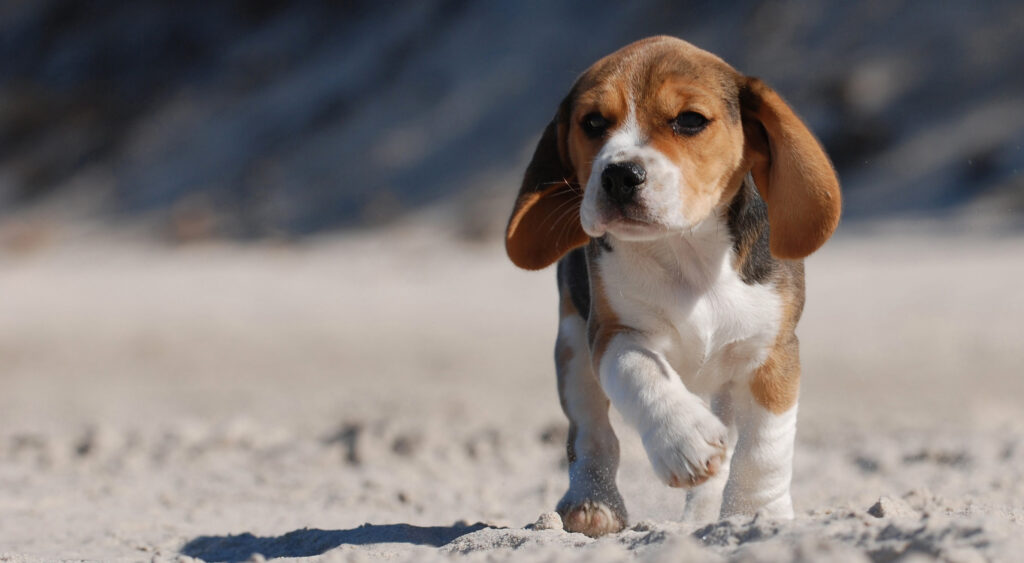
Conclusion — Choosing A New Puppy is a Big Decision!

How To Choose A Dog Breed – Important Factors
When choosing a new puppy, it is important to think about all the aspects of owning a dog and decide what would be best for you and your family. The factors that need to be considered when deciding how to choose a dog breed are important! Consider things like age, breed, size, medical history, energy level and personality when making your decision. Also take into account the time commitment that comes with adopting any dog and make sure you are prepared for it. Whether you go for a puppy, adult or senior dog, there is no wrong decision when it comes to finding your four-legged best friend! With the right amount of love and care, any pup can make a great addition to your family. Good luck with your search!
Once you’ve made your choice and welcomed your pup into the family, it’s time for all the joys of puppyhood to begin! Enjoy this magical journey with your new best friend and create lasting memories with them. Welcome to the world of doggy adventures!
Good luck on your search for a four-legged best friend!

- Best Way To Train A Puppy
- Crate Training New Puppy: The BEST Guide To Success
- New Puppy Schedule: 5 BEST Rules For The Right Daily Routine
- The BEST Questions You Should Ask a Dog Breeder
- The Best Small Dogs For Families: The ULTIMATE Guide
